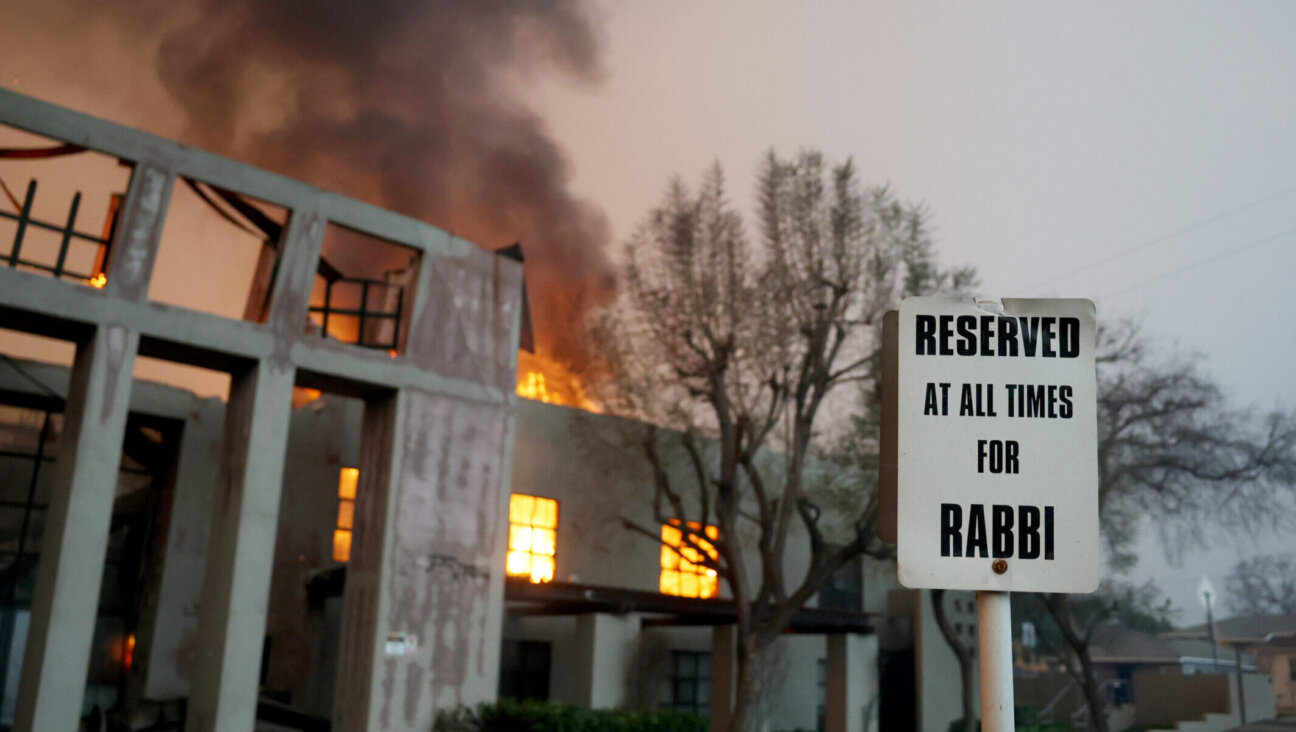Israeli Spy Boss Praises Iran for Nuclear Progress

Image by haaretz
Iran is negotiating seriously on a deal to curb its disputed nuclear program, a senior Israeli intelligence officer said on Monday in a shift of tone from Prime Minister Benjamin Netanyahu’s skepticism.
Brigadier-General Itai Brun, military intelligence’s chief analyst, told a strategic forum that Iran was honoring a November interim agreement that Netanyahu had condemned as an “historic mistake” for easing sanctions on Israel’s arch-enemy.
With the United States, Russia, China, France, Britain and Germany now stepping up contacts with Iran ahead of their self-declared July 20 deadline for a final accord, Brun voiced cautious optimism.
“It is very possible that Iran and the world powers that are negotiating with it are moving toward the signing, sometime during the year, of a permanent nuclear deal,” he told the annual Herzliya Conference near Tel Aviv.
“In the meantime, Iran is abiding by the interim agreement and the pressures, mainly the economic crisis, are leading it toward a dialog, which we regard as serious-minded, on a permanent agreement.”
It was a rare sign of high-level divergence from Netanyahu’s dismissive stance towards the Iran talks although not the first. In January, Israeli Air Force Commander Major-General Amir Eshel said that the Iran diplomacy appeared to have “a positive direction” although he added: “I don’t know how it will end.”
The negotiations stumbled in Vienna last month when each side accused the other of posing unrealistic demands. At the core of the dispute is the extent to which the Islamic Republic which denies Western suspicions that it is seeking a nuclear weapons capability – might retain technologies with bomb-making potential in exchange for wider sanctions relief.
GENEVA MEETING
Iran said it would meet U.S. and European Union officials in Geneva on Monday and Tuesday in a bid to salvage the diplomacy.
Widely assumed to have the Middle East’s sole nuclear arsenal, Israel feels uniquely threatened by the prospect of an Islamic Republic that calls for its destruction going nuclear.
The Israelis have threatened to attack Iran unilaterally if they deem diplomacy incapable of denying it the bomb. That has given them lobbying leverage in war-wary foreign capitals.
Addressing the Herzliya Conference separately on Monday, Yuval Steinitz, the Israeli cabinet minister in charge of nuclear affairs and a Netanyahu confidant, reiterated the government’s fear that Iran would be allowed to keep a “threshold” capacity to produce fissile material for a warhead.
“A good agreement with Iran is an agreement in which Iran may get the ability to present a developed civilian nuclear program like other countries have – Sweden or South Korea or Spain – but without the ability to enrich uranium and without the ability to yield plutonium,” Steinitz said.
He said Israel would prefer for the July deadline to go unmet than for world powers to rush into a “bad deal” whereby Iran would retain the means to cobble together a first nuclear weapon within months, should it decide to do so.
“We opposed the interim deal because we saw problems and holes in it. Nor do we like the idea of extending the talks by half a year or a number of months,” Steinitz said.
“But if the alternative that will be raised in the coming weeks, beginning with this imminent week, will be to try to seal an agreement at any price … it would be preferable – though we are not keen on this – to extend the talks by a number of weeks or months to close up all of the holes on a matter that is so critical to our well-being and that of the world.”
A message from our Publisher & CEO Rachel Fishman Feddersen

I hope you appreciated this article. Before you go, I’d like to ask you to please support the Forward’s award-winning, nonprofit journalism so that we can be prepared for whatever news 2025 brings.
At a time when other newsrooms are closing or cutting back, the Forward has removed its paywall and invested additional resources to report on the ground from Israel and around the U.S. on the impact of the war, rising antisemitism and polarized discourse.
Readers like you make it all possible. Support our work by becoming a Forward Member and connect with our journalism and your community.
— Rachel Fishman Feddersen, Publisher and CEO























